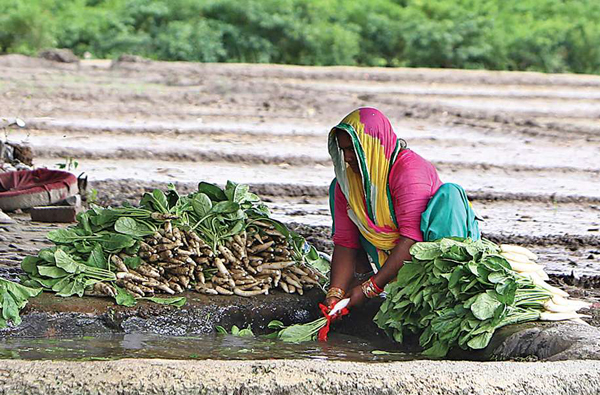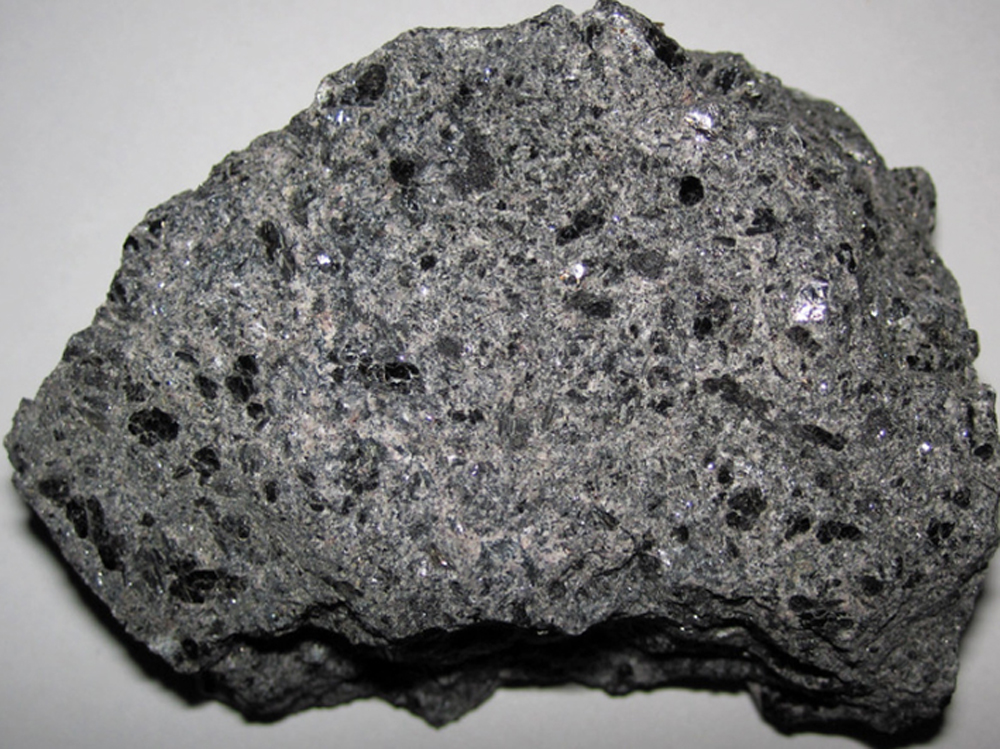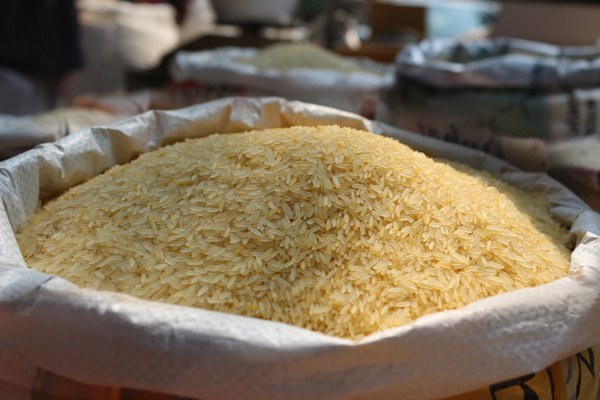Heavy Metal Contamination in Vegetables Grown in Peri-urban Areas



India is set to embark on a new chapter in its Polar exploration journey with the construction of Maitri II. The Indian government plans to establish a new research station near the existing Maitri ba...
.png )
The Deep Ocean Mission (DOM), approved by the Government of India in 2021 under the Ministry of Earth Sciences (MoES), represents a strategic step in realizing Sustainable Development Goal 14 (SDG 14:...

China recently announced restrictions on the export of seven rare earth elements (REEs), soon after US President Donald Trump decided to impose tariffs. As the world's dominant supplier—responsible fo...
There is an increasing demand for vegetables in mega cities and large towns, especially among urban consumers, mostly met by vegetable production in the peri-urban areas. However, farming practices us...
With 3000 genomes of rice varieties now sequenced, plant breeders are identifying new genes for traits such as better grain quality, yield, nutrition and biotic and abiotic stress tolerance. Working w...
There is an increasing demand for vegetables in mega cities and large towns, especially among urban consumers, mostly met by vegetable production in the peri-urban areas. However, farming practices using wastewater and large amounts of agrochemicals along with atmospheric depositions of heavy metals have resulted in contamination posing a health threat to consumers.

With 3000 genomes of rice varieties now sequenced, plant breeders are identifying new genes for traits such as better grain quality, yield, nutrition and biotic and abiotic stress tolerance. Working with partners, International Rice Research Institute (IRRI) and the Centre of Excellence in Rice Value Addition (CERVA) at IRRI-SARC are prioritising this research.
